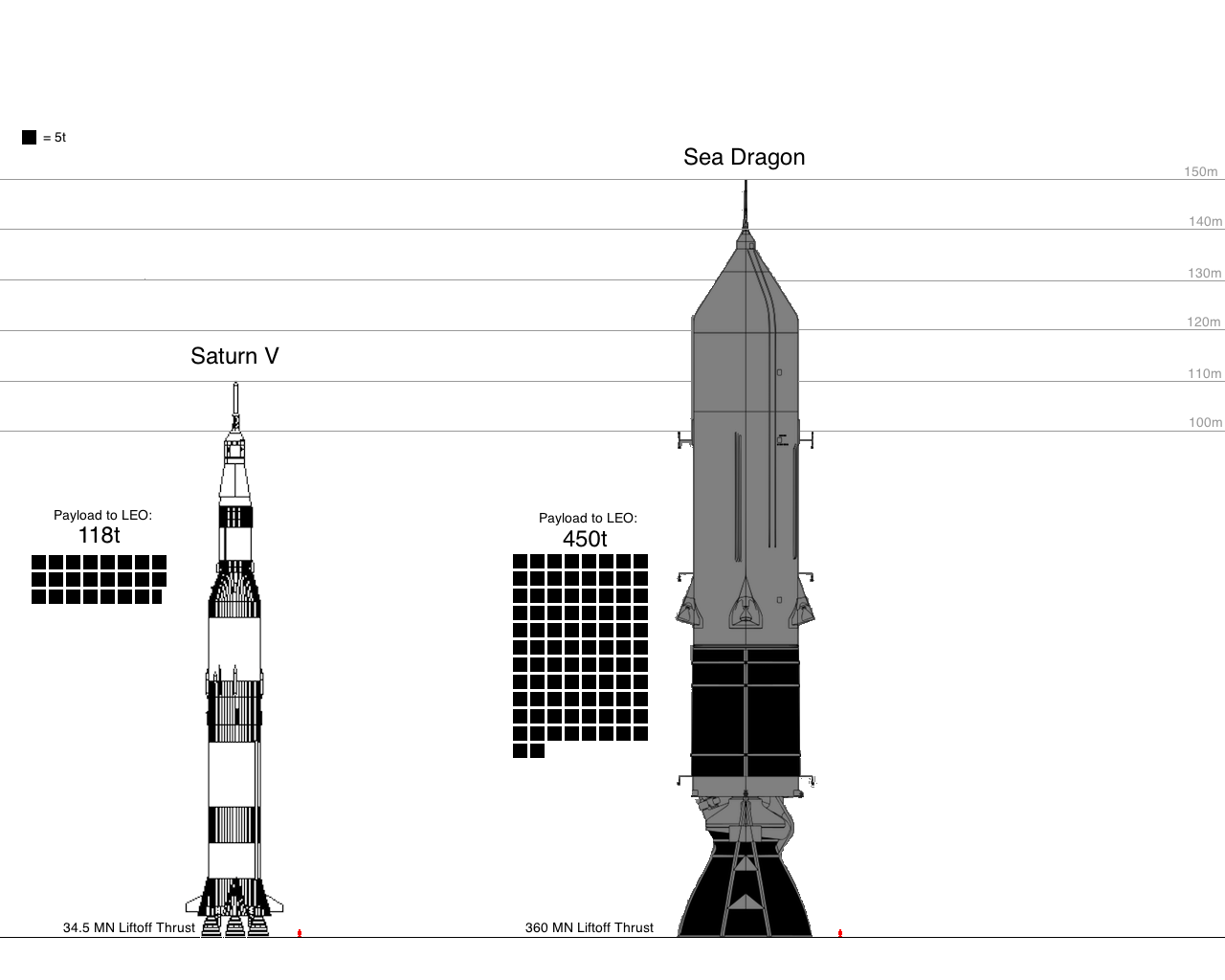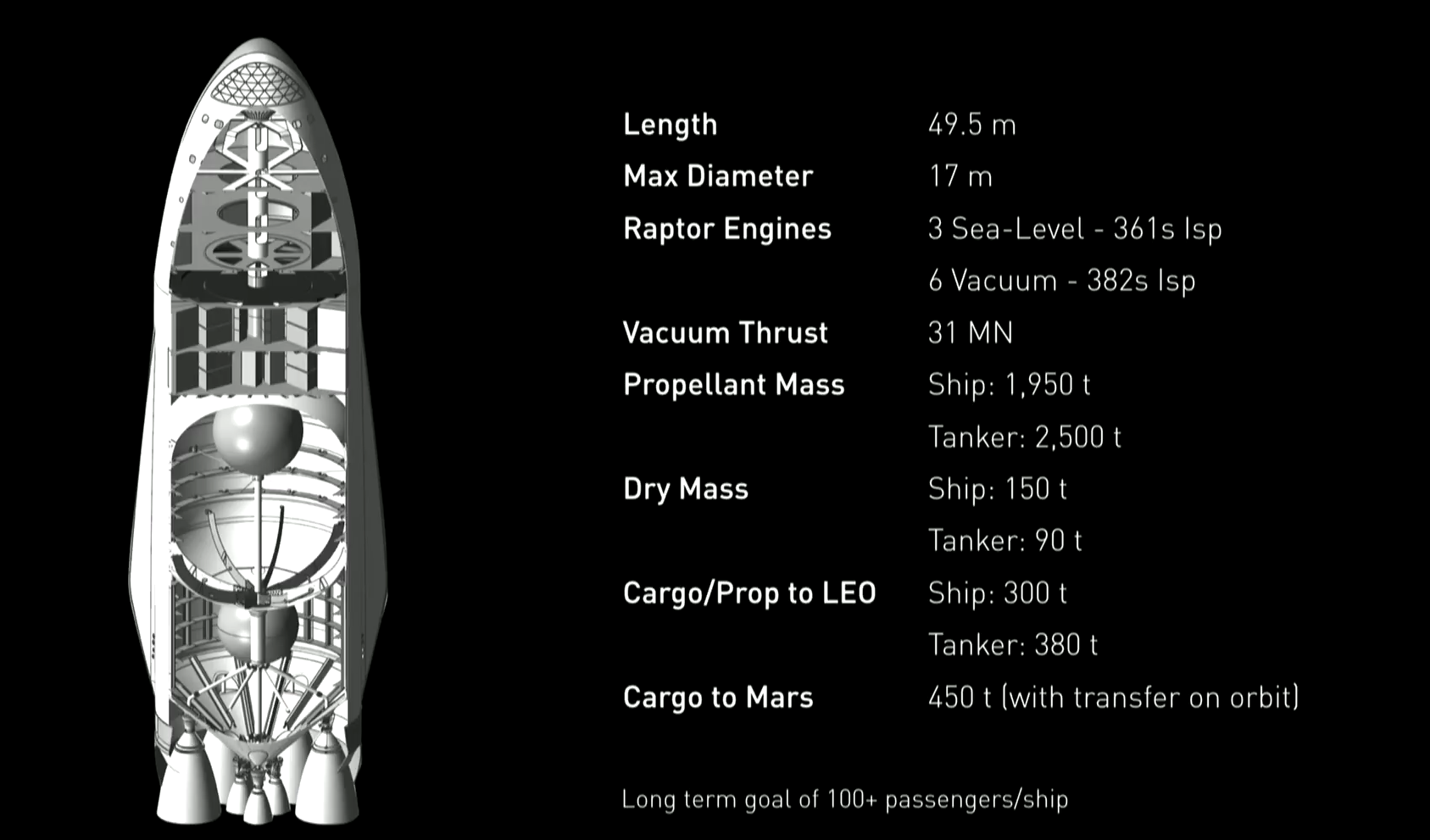Is this alternate history I came up with plausible? What holes does it have? Are some events very unlikely to happen, even impossible? Should I change some dates of some events?
Most of my knowledge is in Science, not in History.
Note that this would be in a history timeline of a wikipedia-like website.
EDIT: At the end, I have summed up the big problems you guys pointed out for me for this story.
Take your time to read this story, and while I would like to have some criticism and feedback, please do have fun too, its the main goal of my story after all.
The history of the Great Cataclysm:
April 28th 1944: During "Exercise Tiger", 1000 allied soldiers were ambushed and killed by german E-boats. One of the commanding officers survived and were captured by germans. The officer, under threat and torture, ceded to the germans, which now knew the plans of Operation Overlord. To keep this a secret, the germans drowned the officer and set up his corpse to be washed on the shore of Portland, England, later to be discovered by the allies. The allies, fearing the germans' knowledge about the Normandy Invasions, leaked information about "Operation Fortitude" and turned it into a double-deception. The allies were now preparing to land both on Normandy and Norway.
June 17th 1944: 2 Panzer divisions and 10 airbourne brigades are sent to Calais and Normandy to defend against the Allies.
June 6th 1944: The Normandy landings were a massacre. Every landing failed except Juno and Sword, which were much less defended. The remnants of the Omaha, Utah and Gold beach were relocated into a single spearhead through Sword beach. A large stalemate ensued. On the side of the Norway Landings, things were going well. Most of the Norwegian soldiers surrendered to the allies, they would now fight against the Germans.
October 28th 1944: Seeing the overwhelming allied forces landing in Norway, and under pressure from the allied countries, Sweden grants free passage for the allies. Taken by surprise, the germans relocated most of their forces defending the Netherlands border to Hamburg. Again, a large stalemate ensued during the siege of Hamburg, causing a death toll of 100 000 civilians.
January 15th 1945: With the advancing Russians, more and more german troops were relocated to the eastern front.
March 30th 1945: As it was more and more obvious that Hamburg was about to fall, Wernher von Braun and his team were relocated to Berlin, under the orders of Himmler.
July 2nd 1945: Berlin fell to the soviets. As they marched through Berlin, von Braun was found hiding in a bunker with his family, he was captured and sent to Russia.
August 6th 1945: The first use of nuclear weapons in warfare is recorded. Hiroshima and Nagasaki are bombed by the Americans. This would spark a new age of warfare.
December 23th 1947: The first transistor is invented by John Bardeen and Walter Brattain.
Late 1950s: Proxy wars in the world are intensifying, and the United States, under pressure after the soviets had successfully launched the first Man in space, were desperately funding for the Lunar Missions. The soviets, having von Braun on their side, quickly developed a working prototype of the N1 Rocket, which spawned the N2 rocket, powerful enough to send people to the moon.
February 14th 1970: The soviets broadcast to the whole world the first time man had set foot on the moon.
1971: Kennedy, under huge reprisal over the failure of the Lunar missions, promised to send people to Mars by 1976. To do so, the NASA was disbanded, and the government started funding commercial spaceflight.
1972: A group of hobbyists successfully hacked an open-hardware radio into a wireless modem. They demonstrated in a science fair two computers communicating with each other. They would later found the company WorldNet Ltd.
1973: Sparked by the necessity of lightweight and powerful computers to be used in spaceflight, the Microprocessor is invented, and put to large-scale testing by the US government.
1974: The Space Instruments Co. is founded. The personal computer is introduced to the global market.
1976: The first demonstration of asteroid mining is recorded. Rudimentary, but crucial to the commercialization of spaceflight.
1977: One year late, the first humans landed on Mars. Americans. However, it was only for show, and no permanent colony was established. This was ridiculed by the Russians, who had successfully established a helium-3 mining colony on the moon.
1981: To assist their space station project, the soviets built the KOM200, the world's first Teraflop supercomputer.
1986: Both the US and Russia launched their interplanetary space stations, each equipped with refineries, living quarters and enough supplies for 2000 people. Both were set on lagrange points near asteroids.
1988: While going through the digital revolution, China began mass-producing electronics, filling the big demand gap. Its GDP increased a hundred-fold in a few years, quickly surpassing those of Russia and the US, albeit to the detriment of its people.
1989: China successfully launches its first research-based space station.
March 12th 1990: South Korea's president is assassinated. The country goes into martial law. At the same time, North Korea invades Seoul with an army of over 800 000 people. This is the start of the second Korean War.
November 21th 1990: Seeing the US intervening in the Korean War, Russia prepares 10 nuclear missiles to be sent to Cuba.
January 1st 1991
3:00 AM: Disaster. One of the Russian nuclear missiles goes missing. The same day, a 10Mt nuclear explosion is seen on the coast of Florida. According to the scholarly estimates of the 2105 study by Roch, Wenn et Al., 714 201 people were instantly killed, 3 329 210 people died later due to complications. It is still unclear to this day how the soviets lost a nuclear bomb that day. See '91 Nuclear Conspiracy.
11:00 AM: NORAD goes in DEFCON 1. Fighter jets are deployed, as well as nuclear submarines.
12:00 PM: While Russia is still trying to figure out what happened, the reflection of the sun on a spy satellite triggers an alarm in the Perimeter system of the Russians. Without confirmation, the Russians sends an anti-ballistic missile in self-defense.
12:05 PM: Under DEFCON 1, high command mistakes the anti-ballistic missile for a second nuclear strike, and the President of the United States authorizes the launch of all its nuclear arsenal in retaliation of the Russian attack on their soil.
January 2st 1991: A full-scale nuclear war starts between Russia and the US.
Over 56 000 000 people are killed overnight. Every major city was hit, and more than 3 Billion died over the world during following years.Death Statistics:
Shockwave: 56 184 000 Citation needed?
Fallout: 952 000 000
Food Blight: 542 810 000
Anarchy: 1 250 000 0001992: After the devastation of the Great Nuclear War, every remnant of Russia, Europe, China, US, and South America coalesced into 3 Major Factions. The UNFT(America), RLSS(Europe, Russia), Klan(Asia, Oceania).
1993: Massive-scale disasters starts to occur on Earth, due to Food Blight, Radiation, Aerosols, etc. Scientists at that time estimated that the Earth would become inhospitable within 10 years.
1995: As the conditions on earth further deteriorated, 7 Huge spaceships were built and desperately aimed to send the people off Earth.
UNFTS Eden: 67 309 012 people on board,
Ownership: UNFT
Destination: Mars
Type: Self-Sustained Ground ColonyUNFTS Proxima: 31 200 914 people on board,
Ownership: UNFT
Destination: Titan
Type: Semi-Sustained Ground ColonyRLSS-C спаситель: 152 017 220 people on board,
Ownership: RLSS
Destination: Mars
Type: Orbital-Ground Hybrid ColonyKSS 乡四号: 91 247 010 people on board,
Ownership: Klan
Destination: Mars
Type: Domed CityKSS 金三号: 56 380 545 people on board,
Ownership: Klan
Destination: Venus
Type: Cloud-Top ColonyKSS 天二号: 11 670 418 people on board,
Ownership: Klan
Destination: Enceladus
Type: Self-Sustained Underwater ColonyUTC Freedom: 675 211 people on board,
Ownership: Private
Destination: Mars
Type: Colony
TBC...
EDIT:
To sum up, the current problems found within the story are:
Too much credit given to von Braun. (thanks @kingledion, @Schwern)
(I would like my story to at least start in WWII, timeline diverges there. It's like chaos theory, one small thing happens, ends up with us destroying the planet.)
Reason for commercial initiative of space exploration/space mining
Reasons for the quick development of Computers/Microprocessors
Reasons that China became a big player in 10 years earlier than in our timeline
What are the Economical/Political/Socio/ecological reasons to abandon earth?
Small details I will definitively correct:
Discrepancies in WWII (thanks @Schwern)
Ridiculous death numbers (@Schwern, @a4android, @Zxyrra)
Mass evacuation due to ecological disaster (It would rather be political reasons, or because they didn't have a better alternative) (@a4android) (Also note that I might change it so it explicitly says the spaceships were built in space, or on the moon, unharmed by the nuclear winter. By that time, the moon colonies had 700 000 people already.
The Americans never capture von Braun, Korolev doesn't die. This way space race would have been extended without all the discrepancies.
Thanks for all the help, a lot of mistakes were pointed out that I didn't even notice.


